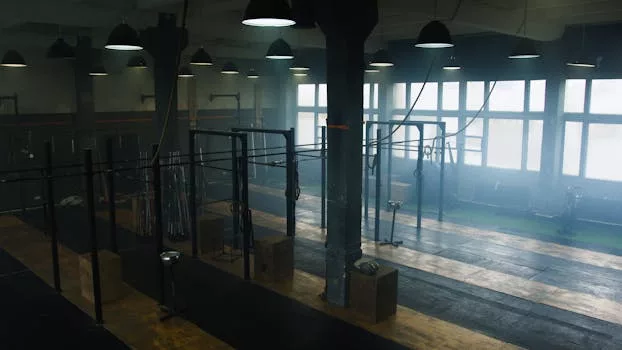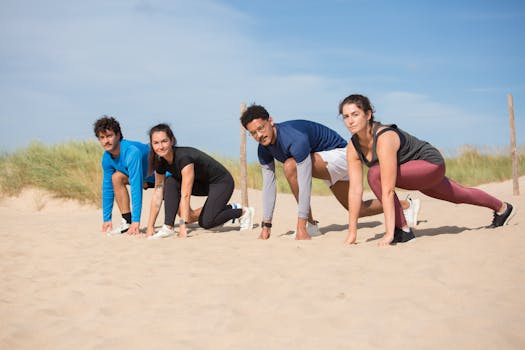
Unlocking Happiness: The Mental Health Benefits of Regular Physical Activity
Takeaways: Regular physical activity significantly boosts mental health by reducing anxiety and depression, enhancing mood, promoting better sleep, and increasing overall well-being. Just a little movement each day can lead to big changes in your mental state!
Hey there! Have you ever noticed how a brisk walk or a little dance session can instantly lift your spirits? If you’re like me, you might find yourself feeling lighter and more vibrant after moving your body. Today, I want to share with you the incredible mental health benefits of regular physical activity. So, grab a comfy seat, and let’s dive into why getting active is not just about looking good but feeling awesome!
The Connection Between Mind and Body

When you exercise, your body releases endorphins, those lovely little chemicals that make you feel happy. It’s like nature’s very own mood booster! I remember a particularly stressful week at work when I decided to join a local yoga class. By the end of it, I felt like I had shed not just my sweat but also my worries. That’s the magic of moving your body!
Reducing Anxiety and Depression
Let’s talk about two common mental health challenges: anxiety and depression. If you’ve ever felt overwhelmed by the weight of the world, you’re definitely not alone. The good news? Regular physical activity can help ease those feelings. Research indicates that exercise can be as effective as medication for some people in lowering symptoms of anxiety and depression.
When I first started running, it was mainly to lose a few pounds. Little did I know, I was also doing wonders for my mental health. Those morning runs turned into my therapy sessions. I’d lace up my sneakers, hit the trail, and let my mind wander. With each mile, I felt lighter, as if I was running away from my worries. And trust me, you don’t have to be a marathon runner to experience these benefits; even a short stroll can do wonders!
Boosting Your Mood

One of my favorite ways to lift my mood is through dance. Whether I’m grooving at home or taking a Zumba class, the combination of movement and music creates an uplifting vibe that’s hard to beat. Plus, I always leave feeling like I’ve just had the best therapy session ever!
Promoting Better Sleep
Getting a good night’s sleep can sometimes feel like a distant dream, especially if you’re stressed or anxious. Luckily, regular physical activity can help improve sleep quality. Exercise helps regulate your sleep patterns, making it easier to drift off and stay asleep through the night.
For me, establishing a bedtime routine that includes some light stretching or yoga has been a game-changer. I find that when I move my body in the evening, I’m more relaxed and ready to snooze. Just remember not to work out too close to bedtime, as it might keep you too energized!
Creating a Routine That Works for You
Now that we’ve nailed down the why, let’s chat about the how. Creating a routine that incorporates physical activity into your daily life doesn’t have to be daunting. Start small! Even a 10-minute walk during your lunch break can make a difference.
Find an activity that sparks joy for you. Whether it’s hiking, dancing, swimming, or even gardening, the key is to enjoy what you’re doing. Remember, it’s not about perfection; it’s about progress. Celebrate your wins, no matter how small!
FAQs
What type of exercise is best for mental health?

How often should I exercise for mental health benefits?
Aim for at least 150 minutes of moderate aerobic activity per week, which can be broken down into manageable chunks. Even short bursts of activity can help!
Can exercise help with stress relief?
Absolutely! Physical activity is a great way to release built-up tension and stress. It helps shift your focus and boost your mood.
Is it too late to start exercising?
Never! It’s never too late to start incorporating physical activity into your life. Every little bit counts, and you can start at your own pace.
What if I don’t have time to exercise?
Look for opportunities throughout your day to move, like taking the stairs instead of the elevator or doing a quick workout at home. Even short activities can add up!


